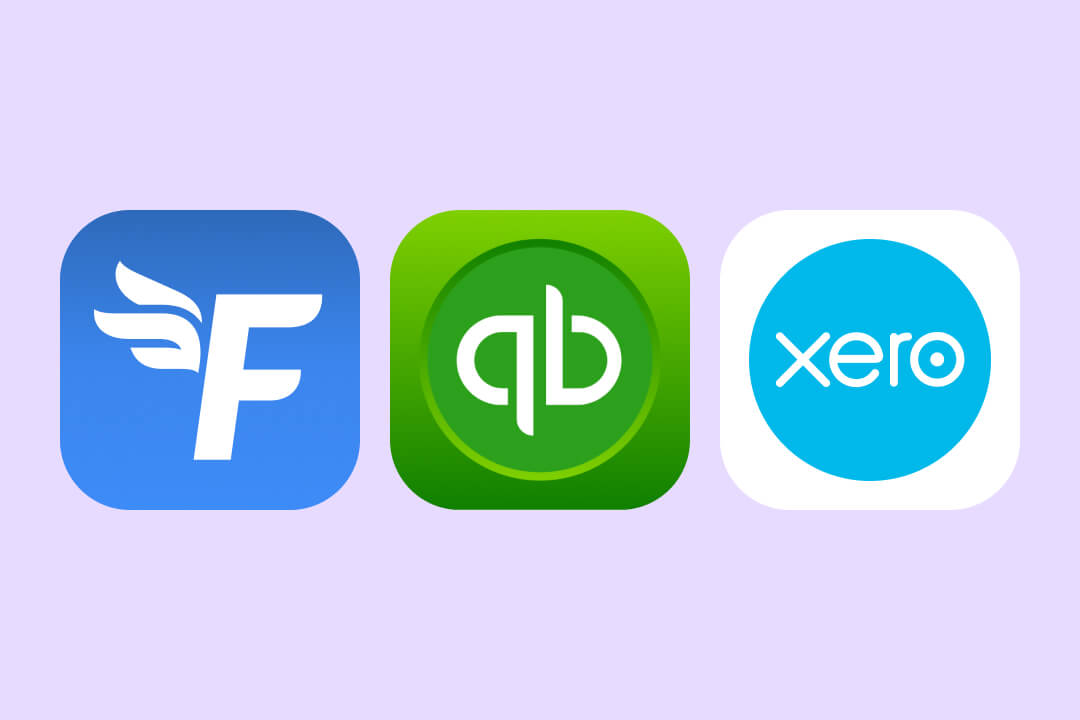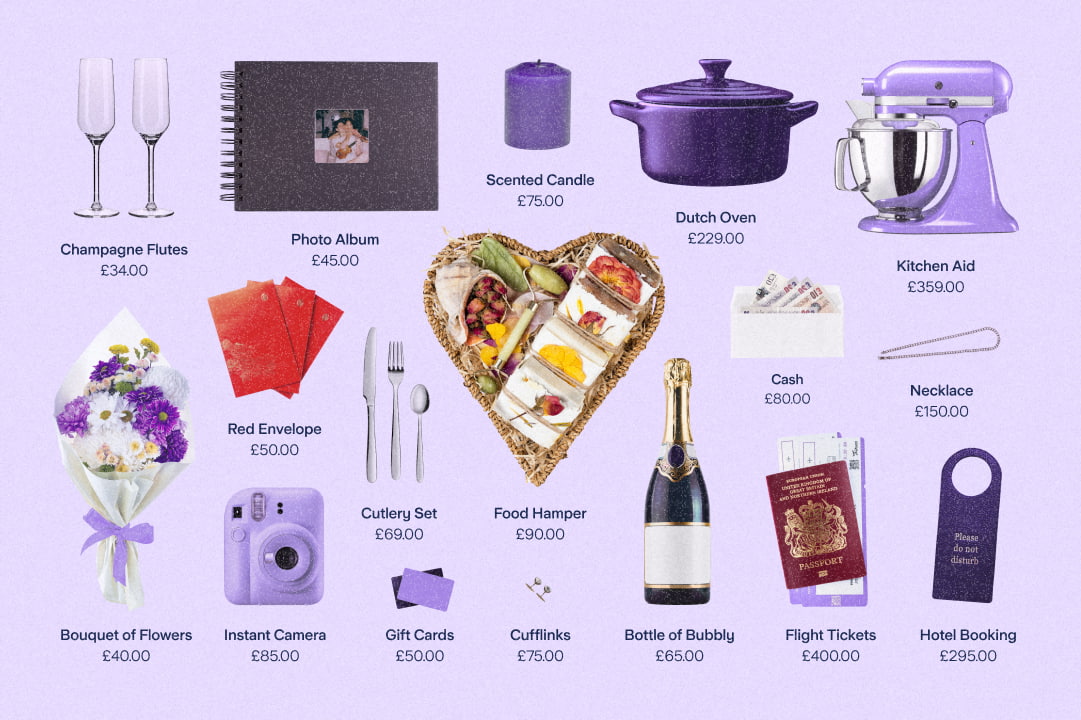
Business
“Becoming a mentor helped me see my own value.”
6th March 2025
2nd March 2023

Seven businesswomen, all Starling customers, share their advice on how to grow your small business and succeed.
“Tell everyone about your idea before you invest any time or money in it,” says Jane Johnson, founder of the career coaching platform and community Careering into Motherhood.
“The feedback you’ll get will be worth its weight in gold and will save you time, money and heartache in future - and that far outweighs the risk that someone might steal your idea before you’ve got it off the ground.”
Fiona Metcalfe, co-founder of the cooking kit business Cuisine Box, echoes this advice: “You can easily waste a lot of money on a product or range that doesn’t yet meet your customers’ needs. It’s important to launch and get reactions to your MVP (Minimum Viable Product)… before investing too heavily in marketing.”
You can gather feedback by asking family members and friends, or by creating surveys and sharing these on social media or with your network.
When it comes to feedback and improvement, remember that it’s an ongoing process. As restaurant designer Natasha Gupta says: “Don’t be afraid to start because things are not perfect. As you and your business grow, you’ll continue to evolve. Waiting for perfection will really hold you back.” Natasha runs the business Blue Feather Designs.
For Sophie Cross, founder and editor-in-chief of Freelancer Magazine, the most important thing is to “surround yourself with good people, including a good team… don’t try to do everything yourself.”
She also recommends finding a mentor, coach or accountability partner, or all three. As fellow business owner Jennifer Patrice says: “Accountability partners help you to stay on track with goals. Mine has been invaluable.” Jennifer is a self-employed celebrant, meaning that she officiates weddings, christenings and other ceremonies.
A mentor is usually someone with experience in your industry or in a business with a similar model to yours. While an accountability partner could be a trusted fellow business owner who is also just starting out or trying to scale their business and is happy to regularly check in on the progress you’re making on a particular goal.
One of the benefits of a mentor or accountability partner is that they can help you become more self-reflective. For brand designer Kate Male, this is key.
“At the end of every month I take time to reflect and review my business. I ask myself these three questions: What’s working? What’s not? What do I need to do more or less of? This helps me stay on track and focus on growth.”
Carol Wilkins, co-founder of Eco Toy Co. adds: “The biggest piece of advice I have is to understand the purpose of your company.” The purpose of Carol’s company is to reduce waste from plastic or disposable children’s toys by offering more sustainable alternatives, often made from wood.
“Remind yourself every day of your purpose. If it aligns with your personal values then it will keep driving you forward.”

Business
6th March 2025

Business
24th May 2024

Business
24th May 2024

Money Truths
29th May 2025

Money Truths
28th May 2025

Money Truths
20th May 2025